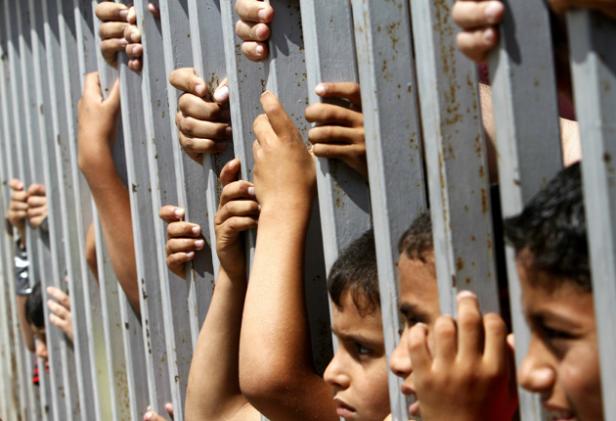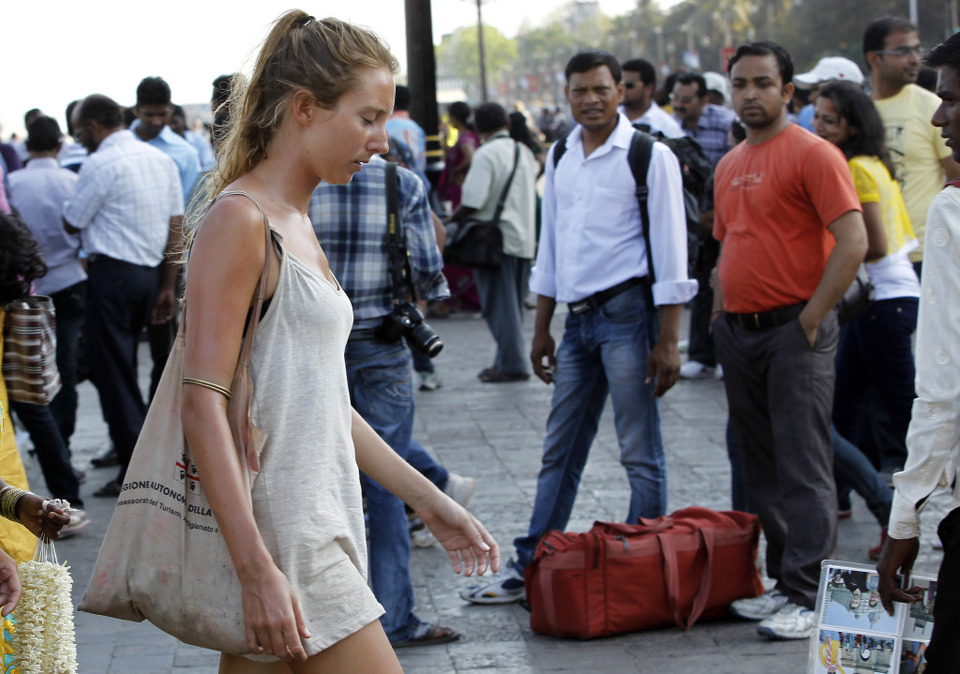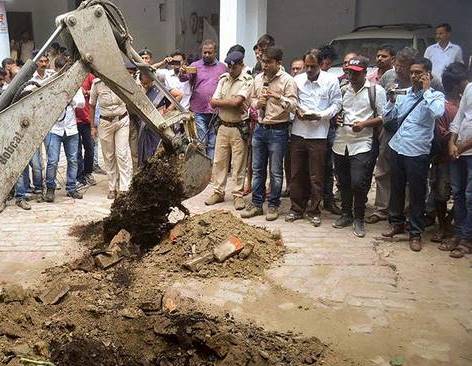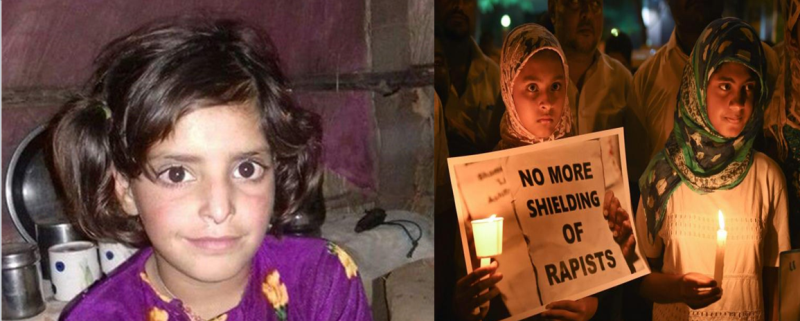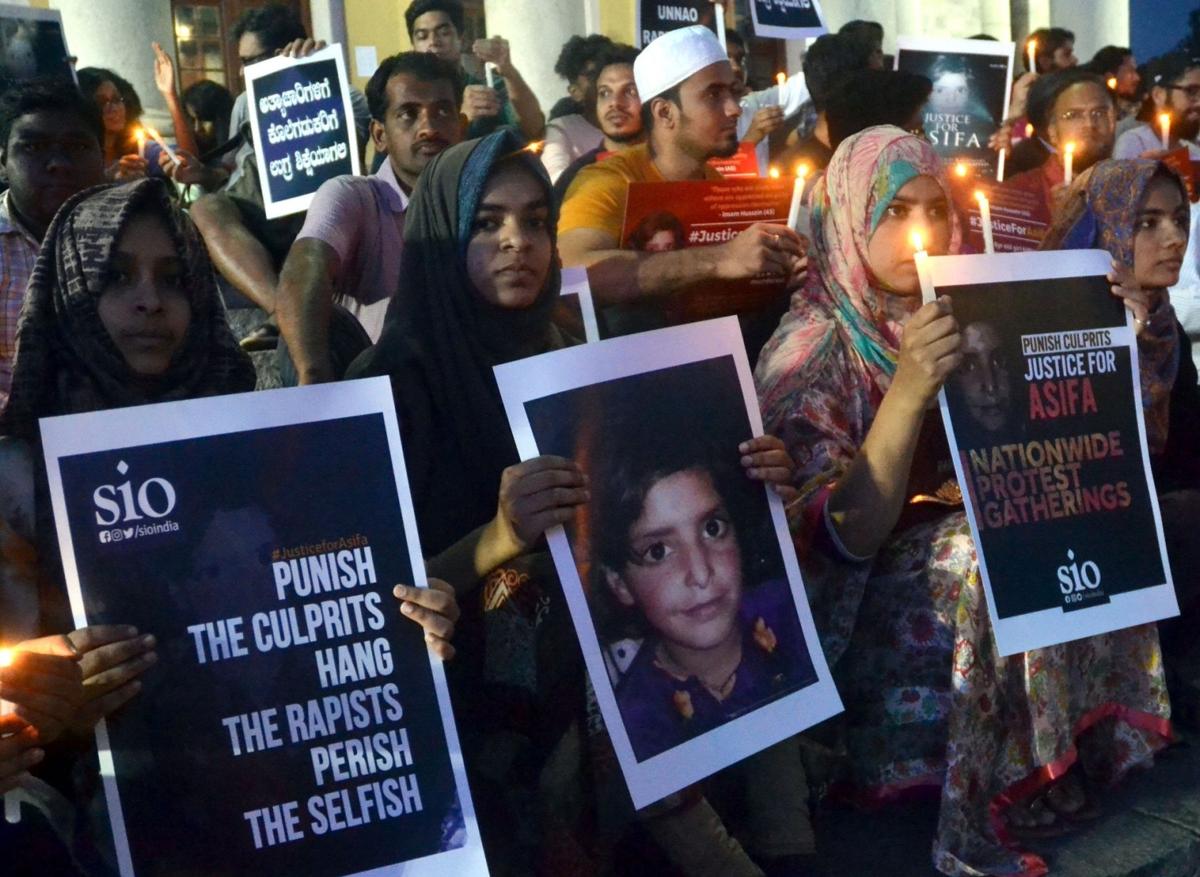Capital Punishment for rape has been around for decades but can it really put an end to the culture of rape in India in the absence of sustained and sincere efforts towards socio-cultural transformation? This article shall discuss the nuances, complexities and present challenges in this context.
The case against death penalty
“The death penalty is a symptom of a culture of violence, not a solution to it,” believes Amnesty International. They report that at least 106 countries had abolished the death penalty for all crimes by the end of 2018. Human rights activists and organizations the world over have been advocating its abolishment because it is an inhuman and degrading form of punishment.
Can the state become a killer? Can crime be annihilated by killing? More importantly, do we kill the crime by killing the killer? Will awarding death sentence to the convicts in the above case ensure that such a brutal crime is not committed by anybody anywhere again? Amnesty International gives us several reasons why capital punishment is never the answer.
First, capital punishment is an irreversible punishment. In many cases, the suspects are proven to be innocent later, either as a result of faults in investigation or lack of evidence. Once executed, there is no way it can be rectified. Second, every case varies. If the law mandates that such punishment is to be awarded for a particular nature of crime, the courts have little choice but to award it. The judges cannot take into consideration the peculiarities of a particular case. Third, it is discriminatory in the sense that it is usually awarded to those coming from weak socio-economic backgrounds or a minority group. It is poverty that drives them to such crimes, and also poverty which cannot help them seek legal representation for ensuring a fair trial at the very least. Last, it is often abused as a political tool by powerful leaders to get rid of opponents.
Is it a deterrent for rape?
Data show that it clearly isn’t the case. There are many reasons why capital punishment is not a deterrent. In fact, there is an increased likelihood of under-reporting. Latest NCRB data show that in 93% cases, the accused is known to the victim. If death penalty is certain, there might be greater family pressure on the victim not to report. Also, the accused would try to murder the victim after raping her so that the crime goes unreported. Moreover, these tough laws can be misused to target subaltern communities, particularly the poor and the marginalized. More importantly, feminists argue that rape is not equivalent to death.
Human rights activists have always championed reformative than retributive justice. Killing the killer never solves the problem of crime. Emile Durkheim argued that crime is normal. It is found in every society. Criminals are also a product of the same society as ours. It occurs when we fail to provide a nurturing environment to our children and mould their morality. In many instances, people are forced to commit crime to earn a living. There are many social factors which cause criminal tendencies. What is needed is not only gender sensitization but also sensitization towards crime. Prisons should not be meant for torture but reformation so that a person can go back and live a normal, crime-free life after serving the sentence. She/he must realize that what was done was wrong. Psychological counselling and vocational training during prison terms could help bring about reform and transformation much more than torture and killing.


